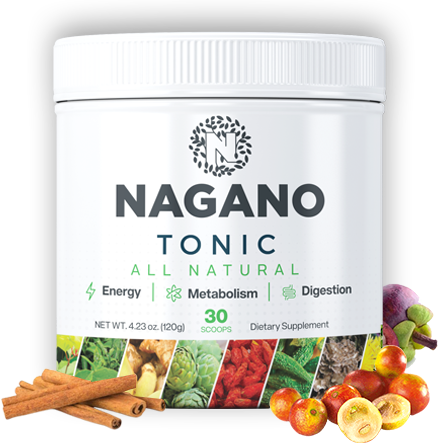
Comprehensive guide to choosing herbal supplements
Key takeaways
- Identify your specific wellness goals when choosing herbal supplements.
- Look for quality indicators such as third-party testing and organic certification.
- Understand the different forms of herbal supplements, including capsules, tinctures, and powders.
- Be aware of potential interactions with medications or existing health conditions.
- Consult with a healthcare professional if unsure about specific supplements.
With the increasing popularity of herbal supplements, it is essential to understand how to choose the right ones for your needs. Whether you're looking for relaxation, immune support, or digestive health, various options are available. This guide will walk you through the steps to identify the most suitable herbal supplements, ensuring you make informed decisions.
Understanding herbal supplements
Herbal supplements are derived from plants and can come in various forms, such as capsules, teas, tinctures, and powders. While they can be beneficial additions to a wellness routine, not all supplements are created equal. Here are some essential factors to consider:
Key factors in choosing herbal supplements
| Factor | Description |
|---|---|
| Quality | Look for reputable brands that use organic ingredients and have third-party testing for purity. |
| Formulation | Choose the right formulation for your needs—capsules for convenience, tinctures for potency, or teas for enjoyment. |
| Purpose | Determine what you want to achieve with the supplement and select a product formulated for those specific needs. |
| Source | Verify where the herbs are sourced from and consider brands with sustainable harvesting practices. |
Types of herbal supplements
Understanding the different types of herbal supplements can help you determine which ones suit your lifestyle:
- Capsules: Easy to take and convenient, but may take longer to digest.
- Tinctures: Liquid extracts that are highly concentrated and often absorbed quickly.
- Powders: Can be mixed into foods or drinks; ensure to consider dosage.
- Teas: A traditional way to consume herbs, allowing you to enjoy the flavor along with the benefits.
- Topicals: Creams or oils infused with herbal ingredients to apply directly to the skin.
Quality indicators to look for
Not all herbal supplements are created equal, so it's essential to know what to look for when reading labels. Here are some quality indicators to consider:
- Third-party testing: Look for products that have undergone independent testing for potency and purity.
- Organic certification: Choose supplements that use organic herbs free from pesticides and synthetic fertilizers.
- Transparent labeling: Brands should clearly list all ingredients, including any fillers or additives.
- Good manufacturing practices (GMP): Products made in facilities that adhere to GMP standards are more likely to be of higher quality.
Understanding your needs
When choosing herbal supplements, it's crucial to identify your specific wellness goals. This way, you’ll be able to select products that align with your needs. Common goals include:
- Stress relief
- Digestive health
- Immune support
- Energy levels
- Sleep enhancement
Consulting with a healthcare professional
Before starting any new herbal supplement regimen, it is wise to consult with a healthcare professional, especially if you have existing medical conditions or are taking medication. This consultation can prevent potential interactions, ensuring you choose supplements that enhance rather than hinder your wellness journey.
Where to buy herbal supplements
When shopping for herbal supplements, consider the following options:
- Online retailers: Comprehensive selection and often better prices.
- Local health food stores: Allows you to talk directly with knowledgeable staff.
- Pharmacies: Look for reputable brands on the shelves.
- Specialty wellness shops: Focus on high-quality and niche products.
Tips for beginners
- Start with one supplement at a time to gauge its effects on your body.
- Research the herb before buying to understand its common uses and side effects.
- Keep a health journal to track changes and identify what works best for you.
- Ask for recommendations from friends or online communities.
Conclusion
Choosing the right herbal supplements can support your journey towards wellness. By assessing quality, understanding different formulations, and clarifying your specific needs, you can select the best options for yourself. Always consult with healthcare professionals if uncertain, and begin your exploration of herbal supplements with informed confidence.
Pros
- Herbal supplements can offer various wellness benefits.
- They are generally natural and plant-based.
- There is a wide variety available for different needs.
- Easy to incorporate into daily routines.
Cons
- Quality can vary significantly between brands.
- Not all herbal supplements are suitable for everyone.
- Potential interactions with medications.
- Lack of regulation may lead to misleading product claims.
